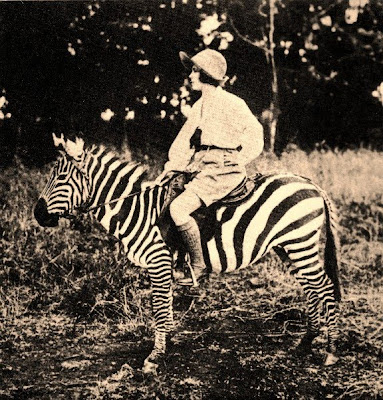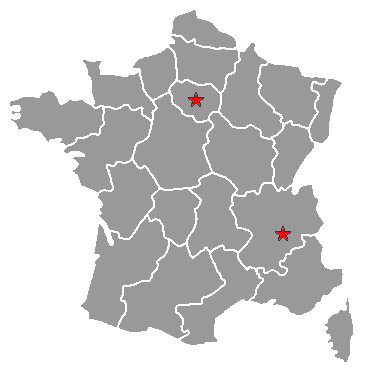361. Come on, you'll attain your goal!

I’ve composed this sheet for an adult learner : I consider it may be sound for an adult to be aware of strategies he or she may be already using! It’s also interesting for an adult to read about learning strategies. Just a few minutes ago I handed him out this sheet. Photo from cdn turner com, thank you. Frodo Baggins and the Ring. I don't know exactly the sequel of The Lord of the Rings this photo has been taken from. Do you know? Rebecca Oxford has many more so interesting learning strategies for us teachers of languages, in the book ref below. I feel somewhat sorry because I have rewritten some LLSS with my own words, and she presents them very well structured and outfitted, and with other terms, different from the ones I've used, sorry. Get the book! Worksheet 104 31 May 2010 Learning strategies Adapted from: Rebecca Oxford (1990) Language Learning Strategies: What Every Teacher Should Know . Boston: Heinle and Heile Publishers. For communication , and learning: 1. Usin












